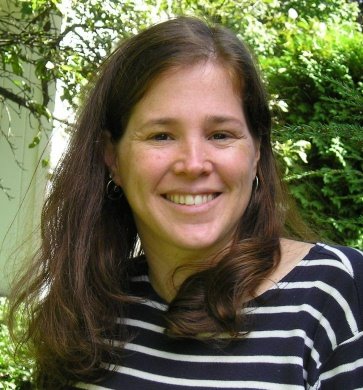
After 2 snow days, I'm trying to get everything finished that I had planned for the last weeks of December in half the time.
Today we read about King Solomon and the Holy Temple. We read a poem describing the holiness of the Kodesh Kodashim, the Holy of Holies, which stood in the heart of the Temple. We talked about what it means for a place to be holy in our day and age, and what places are holy to each of us. Students either wrote about or illustrated a place that they consider to be holy.

We're about halfway through the Ashrei, and overall about halfway through the Torah service.
Thanks to everyone who joined us for latkes, and especially to those who helped put the event together at the last minute.


